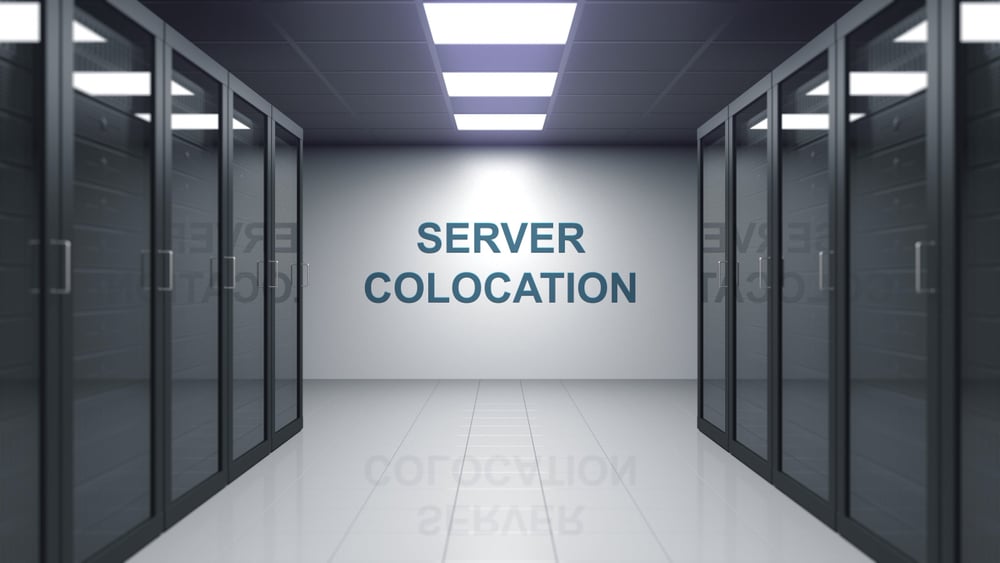
New platform helps enterprise networks get closer to the edge
Driven by the growth of mobile computing, IoT devices and the upcoming 5G rollout, edge networking is on the rise and leading businesses to take a fresh look at their networking strategies.
But going from a traditional approach to a virtualized, cloud-native, and software-driven network that connects headquarters to multiple branches and deploys new services like SD-WAN, Virtualized Customer Premises Equipment (vCPE), and IoT devices isn’t easy.

Employees and contractors expose information online in 98 percent of organizations
Employees and contractors are exposing confidential and sensitive information online and in the cloud in some 98 percent of organizations. This is found primarily in Dropbox, Google, and Microsoft SharePoint.
This is among the findings of a new report from insider threat specialist Dtex Systems which has analyzed information from work-issued endpoints and more than 300,000 employee and contractor accounts.

Cloud data warehouses are key to digital transformation
Cloud data warehouses (CDW) offer broader data capabilities, stronger performance, and greater flexibility than traditional on-premise databases according to a new survey.
But the study by TDWI on behalf of Talend also shows enterprises need to follow some best practices to overcome implementation challenges and increase investment return.

New access suite delivers a software defined perimeter for hybrid environments
The move to accessing applications from the cloud and provisioning resources dynamically has led to organizations moving to a zero trust strategy to guard against attacks and data leaks. However, this can be hard to achieve with hybrid environments.
Secure access specialist Pulse Secure is adding Software Defined Perimeter (SDP) architecture to its platform to extends its foundation of Zero Trust access for hybrid IT.

How enterprises can cut the risk of cloud vendor lock in [Q&A]
While most CIOs have now identified the benefits cloud can have for their business, concerns over becoming locked in with a single vendor can still be a major barrier to rolling out projects.
We spoke to Richard Best, general manager at COMPAREX UK, to find out why this is the case and what companies can do to avoid vendor lock in.

Zoho launches next generation Office Suite with added AI
Popular cloud-based office suite Zoho is launching a new version of its software complete with AI-powered personal assistant.
Zoho Office is made up of four cloud-based productivity software applications -- Zoho Writer, Zoho Sheet, Zoho Show, and Zoho Notebook. These are fully integrated with each other and with Zoho Mail the company’s messaging app Cliq.

What's the role of colo in the era of Multicloud and Hybrid IT?
The year is 2010. Cloud adoption is growing by leaps and bounds. Soon, everything will be in the cloud, and why wouldn’t it be?
But here in 2019, we know now that the narrative has shifted a bit. Our recent survey, The State of IT Infrastructure Management, only proves that the story is a little more complex than 100 percent cloud: Among organizations moving some of their on-prem infrastructure off-prem within the next three years, nearly four in 10 plan to move to a colocation environment.

Data integration is the number one challenge for enterprises
Almost half of respondents to a new survey identify ever-increasing disparate data sources as a major pain point.
The study from development technology specialist Progress also finds 44 percent of respondents are worried about integrating cloud data with on-premises data, making real-time hybrid connectivity critical.

Failover clustering in the Azure cloud: Understanding the options
A number of options are available for providing high availability protection for applications running in the Azure cloud. Some of these options are cloud-based services. Some are in the operating system or application software. And some are purpose-built by third-parties. The numerous permutations and combinations available can make it extraordinarily difficult to choose the best and most cost-effective solution for each application.
In general, failover clusters are the best option for assuring high availability. Historically, failover clusters were relatively easy to configure and test in the enterprise datacenter using shared storage and standard features built into Windows Server. But in the Azure and other public clouds, there is no shared storage. This creates a need to find other options for running mission-critical applications in a public or hybrid cloud environment. This article examines the options available for providing high availability (HA) for applications running within the Azure cloud. Special emphasis is given to SQL Server as a particularly popular application for Azure.

Flickr starts to delete users' photos today -- act fast to save yours!
It is a few months since Flickr announced major changes to its free accounts, and today is the day the impact starts to be felt.
Users unwilling to upgrade to a Flickr Pro account are now limited to storing 1,000 photos online, and any images above this number will be deleted starting today. Anyone who hasn't downloaded or backed up their photos risks losing them forever.

Dropbox splashes $230 million on e-signature startup HelloSign
Cloud storage firm Dropbox has announced that it is to acquire HelloSign -- a San Francisco-based startup that provides electronic signature and document workflow services -- for $230 million in cash.
The acquisition is the largest ever made by Dropbox, and it is expected to be completed in the first quarter of the year. The purchase bolsters Dropbox's offerings and gives it a firm footing to better compete with the likes of DocuSign.

Automated attacks target cloud infrastructure
Enterprises continue to grow their cloud usage, but this inevitably presents challenges when it comes to keeping systems secure.
New research from Securonix Threat Research highlights an increase in automated attacks targeting cloud infrastructures.

Enterprise IT continues to move to the cloud
Cloud adoption in enterprises is already very high and growth is likely to continue in 2019 according to the latest cloud adoption survey from NetEnrich.
The study of IT decision makers in businesses with 500 or more employees shows 85 percent of respondents report either moderate or extensive production use of cloud infrastructure, while 80 percent say their companies have moved at least a quarter of all their applications and workloads to the public cloud.

Compliance fears inhibit cloud adoption
According to a new survey, 88 percent of IT decision makers at mid- to large-sized companies think having to meet compliance standards in the cloud inhibits further cloud adoption within their company.
The study from Wakefield Research and Logicworks, finds that among senior management -- those most close to and responsible for cloud execution and performance -- the figure is even higher, with 97 percent agreeing that compliance inhibits cloud adoption.

My AMC Stubs A-List subscription is a bad B-movie
Earlier this week, movie theater chain AMC dumped coal in my Christmas stocking when I attempted to cancel the $19.95-a-month, watch-three-movies-a-week Stubs A-List subscription. One, and then another, customer representative informed me that at signup, the terms of service explicitly states that commitment is for three months. He, then she, warned that cancellation would trigger immediate charge for the remaining two months. But the ToS restriction shouldn't apply to me, being a returning customer.
Everything comes down to the meaning of one word: Initial. When A-List launched, on June 26, 2018, my wife and I joined. We ended our membership about 90 days later. The ToS states: "A-List has an initial non-cancelable term of three (3) monthly membership periods (the 'Initial Commitment')". We were good with accepting that requirement, which we met. But on November 18, with a few holiday movies of interest, I resubscribed, presuming that by making a second commitment I could cancel whenever. However, AMC service reps claim that my 3-month obligation reset and initial is the applicable word. Oh, did I futilely argue the semantics of that. C`mon? Doesn't initial mean first time?
